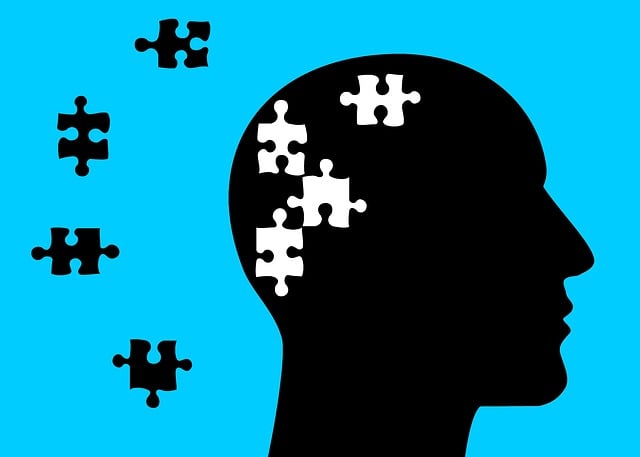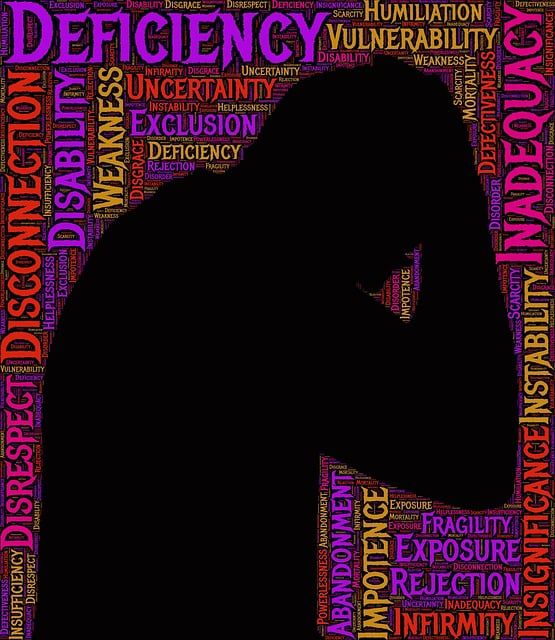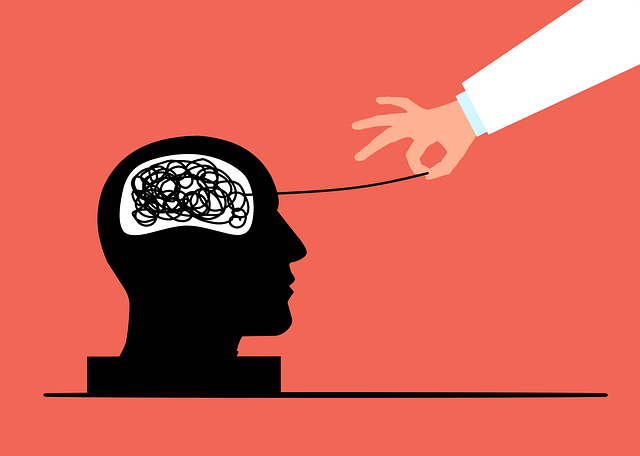Mental health policies greatly affect the availability and effectiveness of therapy for ADD-ADHD, influencing funding, service delivery, and provider regulations. Barriers like limited specialized centers, trained professionals, and stigma impede access to evidence-based practices such as cognitive behavioral therapy (CBT) and mindfulness training. Advocacy efforts are crucial to changing these policies, increasing funding, and promoting flexible work environments to improve therapy for ADD-ADHD outcomes, empowering individuals with coping strategies for better symptom management. Mental wellness podcast series also contribute by enhancing awareness, education, and support for both patients and practitioners.
Mental health policy plays a pivotal role in shaping access to essential services, particularly for conditions like Attention Deficit Disorder (ADD) and Attention Deficit Hyperactivity Disorder (ADHD). This article delves into the intricate relationship between mental health policy and ADD-ADHD therapy, analyzing the current landscape and identifying gaps that hinder support. We explore advocacy strategies to enhance access to effective treatment, emphasizing the importance of policy interventions in ensuring better outcomes for individuals with ADD-ADHD.
- Understanding Mental Health Policy and Its Impact on ADD-ADHD Therapy
- Analyzing the Current Landscape: Gaps and Challenges in ADD-ADHD Support
- Advocacy Strategies for Improving Access to Effective ADD-ADHD Treatment
Understanding Mental Health Policy and Its Impact on ADD-ADHD Therapy

Mental health policies play a pivotal role in shaping access and quality of care for individuals seeking therapy for ADD-ADHD (Attention Deficit Hyperactivity Disorder). These policies influence funding, service delivery models, and provider regulations, ultimately affecting the availability and effectiveness of interventions. Understanding how mental health policies impact specific therapies, like those for ADD-ADHD, is crucial for advocates aiming to improve outcomes.
Emotional intelligence, a key component often overlooked in policy discussions, is integral to successful therapy. Policies that encourage risk management planning for mental health professionals can enhance their ability to deliver compassionate care tailored to individual needs. Additionally, leveraging resources from mental wellness podcast series production can augment awareness, education, and support for both patients and practitioners, fostering an environment conducive to positive mental health outcomes, including improved ADD-ADHD treatment accessibility and success rates.
Analyzing the Current Landscape: Gaps and Challenges in ADD-ADHD Support

The current landscape of mental health support, particularly for Attention Deficit Disorder (ADD) and Attention Deficit Hyperactivity Disorder (ADHD), reveals significant gaps and challenges. Despite growing awareness, many individuals struggling with these conditions face barriers to receiving effective therapy. The dearth of specialized treatment centers and trained professionals in certain regions hinders access to evidence-based practices such as cognitive behavioral therapy (CBT) and mindfulness training, which are crucial for managing ADD-ADHD symptoms.
Moreover, the pervasive stigma surrounding mental illness further complicates matters. This societal stigma often deters people from seeking help, exacerbating existing disparities in care. To address these challenges, advocacy efforts must focus on enhancing accessibility to therapy for ADD-ADHD through policy changes that prioritize mental health funding and professional development initiatives, like risk assessment training for mental health professionals. Additionally, fostering inner strength development programs can empower individuals with coping strategies to navigate the complexities of managing their conditions.
Advocacy Strategies for Improving Access to Effective ADD-ADHD Treatment

Advocacy plays a pivotal role in shaping mental health policies and ensuring that individuals with ADD-ADHD receive accessible and effective therapy. One key strategy is to push for increased funding and resources dedicated to specialized ADHD treatment programs. This includes expanding access to evidence-based therapies such as cognitive-behavioral therapy (CBT) and mindfulness-based interventions, which have proven benefits in managing symptoms and improving overall well-being. By advocating for better allocation of funds, communities can establish more comprehensive support systems.
Furthermore, advocacy groups can contribute to burnout prevention by raising awareness about the unique challenges faced by ADHD individuals. This involves promoting flexible work arrangements, accommodating educational needs, and integrating trauma support services to address underlying issues. By incorporating strategies that cater to anxiety relief and overall mental resilience, advocacy efforts can significantly enhance the quality of life for those diagnosed with ADD-ADHD.
Mental health policy plays a pivotal role in shaping access and quality of life for individuals with Attention Deficit Disorder (ADD) and Attention Deficit Hyperactivity Disorder (ADHD). By analyzing current policies and identifying gaps, we can advocate for evidence-based practices that improve therapy for ADD-ADHD. It’s crucial to address challenges through collaborative efforts, raising awareness, and implementing advocacy strategies that ensure equitable access to effective treatment, fostering better outcomes for those living with these neurodiverse conditions.










